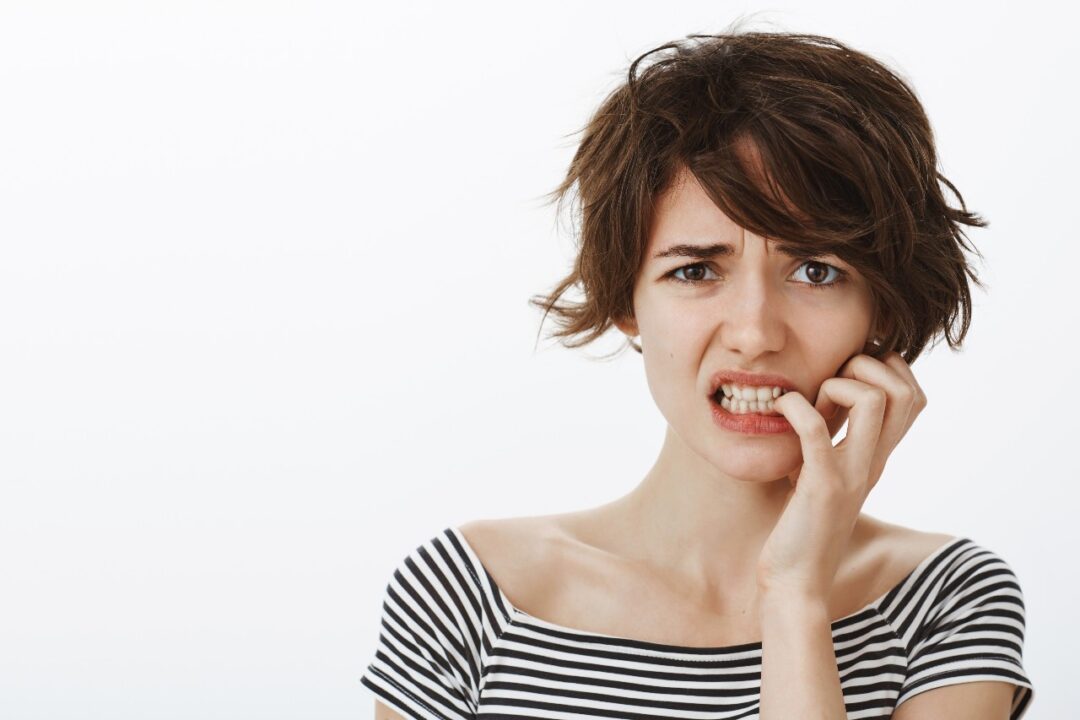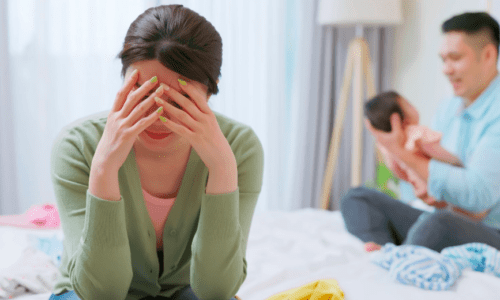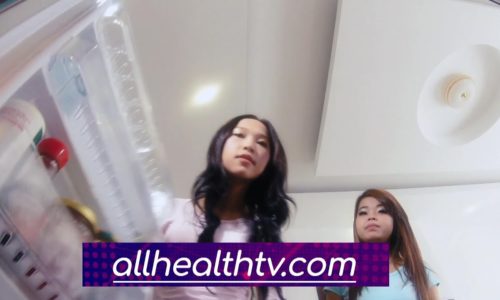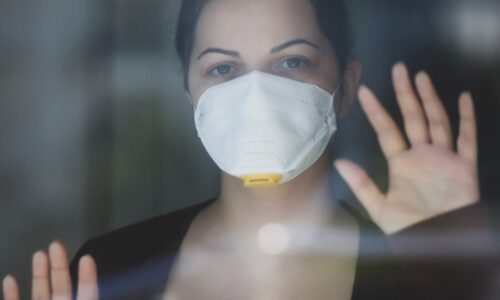Is there a way to manage my anxiety without medications? |

From time to time, everyone experiences anxiety. We worry about our security, our families, our jobs, and our health. Often, these fears are appropriate and help to keep us and our loved ones safe and secure. But when anxiety develops without provocation or persists when the threat or concern is no longer present, counterproductive thought patterns and physical symptoms can develop. The effect of anxiety on our mental state can result in loss of energy, withdrawal, confusion, inability to think clearly, and sleep disruption. Physical symptoms produced by free-floating anxiety include increased heart rate, trembling, weakness, hives, and difficulty breathing. A number of medications are available for treating anxiety. Many people, however, would prefer to manage their anxiety without medications. Even those on anxiety-reducing medications may need additional help from time to time. Fortunately, there are a several methods of managing anxiety that do not involve taking medications.
1. Refrain from having negative thoughts. One trait shared by many people with an anxiety disorder is having negative thoughts or imagining the worst possible outcome. For example, hearing about someone who developed cancer brings about a fear of developing cancer themselves. Cognitive-behavioral therapy is a field of psychology that focuses on the ways that we think or interpret situations. An important principle of cognitive therapy is learning to analyze things more objectively. For example, in an anxiety-provoking situation, you can ask yourself—what is it about this situation that is upsetting? Is there any real danger or cause for concern to me?
2. Address unhealthy lifestyle traits. Our lifestyle can also affect how effectively that we deal with anxiety. Some people use alcohol, caffeine, or nicotine as short-term solutions for their anxiety. In the long run, however, self-medicating with these substances is usually counterproductive. Anxiety can interfere with sleep, and many people with an anxiety disorder use medications to help them sleep. Unfortunately, chronic use of sleep medication can lead to dependence and lack of quality sleep. Substitutes for sleep aids include taking a warm bath, meditating, or reading until sleepy. Getting adequate sleep recharges your brain and improves your focus, concentration and mood, and allows us to better address potentially stressful situations.
3. Learn to relax. Although relaxing may come easy to some people, those who suffer from anxiety may have a hard time stepping away from anxious thoughts. Relaxation may come in the form of reading books, watching movies, or taking a long walk. There are also specific techniques for promoting relaxation that appear to work through a reduction in activity in the sympathetic nervous system. This serves to decrease blood pressure, heart rate, and muscular tension. Mastering relaxation techniques to treat anxiety requires practice and may require training from a professional. Some of the most commonly practiced methods of relaxation are:
- Progressive muscle relaxation (PMR). In PMR, you deliberately contract and then relax certain muscle groups. When the contraction is over, you turn your attention to noticing how the muscles relax as the tension flows away. This allows someone practicing the technique to appreciate the difference between tense and relaxed muscles. PMR usually starts with the muscles in the feet and progresses up the body to end with the muscles in the face.
- Autogenic training. Instead of tensing and relaxing muscles as in PRM, autogenic training, involves imaging that certain parts of the body are becoming warm or heavy while breathing deeply and slowly. Autogenics also involves the use of encouraging or positive messages during the relaxation process, such as “my heartbeat is calm and steady” or “I feel supremely calm”.
- Meditation. Meditation is an ancient technique for encouraging relaxation. The word meditation comes from the Latin word meditari which means to concentrate. There are a number of types of relaxation, but most involve focusing on something specific, such as a word, a sound, or on one’s own breathing. Most major religions have included some form of meditation into their practices.
- Guided imagery. In guided imagery, the imagination is used to create relaxing images. The specific image is usually one that is particularly enjoyable or relaxing, such as lying on the beach. Often more than one sense is incorporated into the image, such as the sound of the surf, the smell of salt air, and the breeze coming off of the ocean. When under stress, people who practice this technique are able to “retreat” to their special place.
4. Get moving! Exercise is one of the healthiest self-care measures for anxiety. Virtually any form of exercise, from aerobics to weightlifting, will work. In addition to boosting the production of mood-enhancing neurotransmitters called endorphins, physical activity has also been shown to improve self-esteem and reduce symptoms associated with anxiety and depression. Some forms of exercise, such as yoga or tai-chi, provide both meditative as well as exercise benefits. Taking a walk can even serve as a means of breaking out of a vicious cycle when negative thoughts or free-floating anxiety tries to take control.
5. Share your anxious thoughts with someone. Talking to a close friend, family member, counselor, or religious advisor about your anxieties is another way to gain a different perspective from your own. Issues that seem insurmountable may become less overwhelming with another’s insight. A counselor may also be able to offer behavioral strategies that will enable you to better manage anxiety-provoking situations and thoughts. Group therapy with other people suffering from anxiety disorder can provide some reassurance that you are not alone.
If you have any more questions just Ask Hanna, our health advisors are here to help.
Image: ©Shutterstock / Cookie Studio








